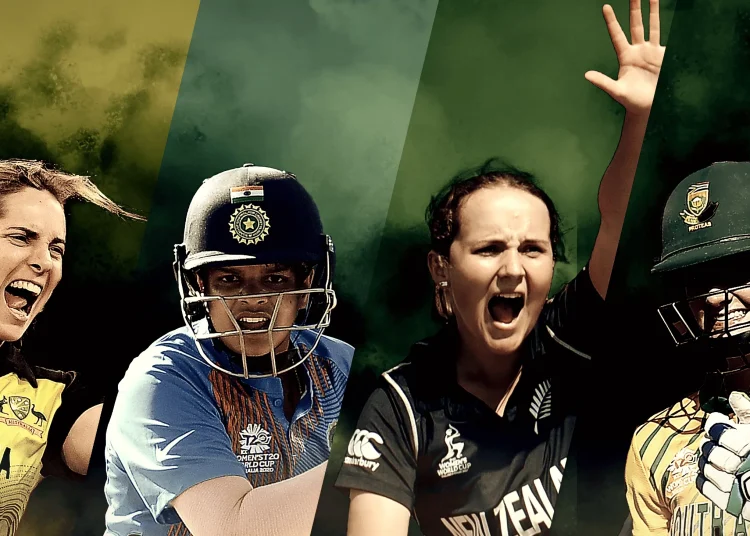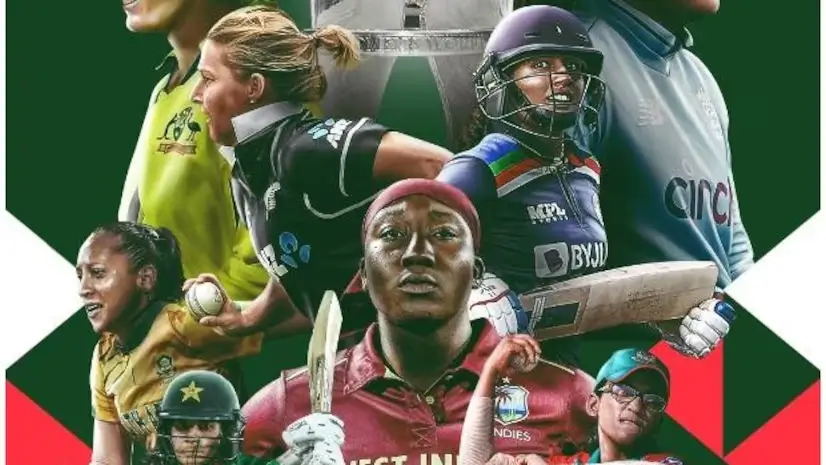The England and Wales Cricket Board (ECB) has firmly rejected calls for a boycott of their Champions Trophy match against Afghanistan, set to take place on February 26, 2025, in Lahore. This England’s CT 2025 Clash with Afghanistan Sparks Controversy has drawn attention as British politicians voiced concerns over Afghanistan’s human rights violations, particularly the Taliban regime’s clampdown on women’s rights.
Sports diplomacy, the use of sports to influence diplomatic, social, and political outcomes, has long been a tool to bridge divides and foster dialogue. However, its effectiveness in addressing complex human rights issues remains controversial. By examining historical examples and ongoing cases, we can explore how sports diplomacy impacts human rights and where it falls short; CricketStadium reviews the whole incident for fans.
The Call for Boycott
Over 160 British politicians, including prominent names like Jeremy Corbyn, Lord Kinnock, and Nigel Farage, have urged the ECB to take a stand against Afghanistan. In a letter addressed to ECB Chief Executive Richard Gould, Labour MP Tonia Antoniazzi highlighted the oppressive conditions for women under the Taliban regime, calling it a state of “sex apartheid”. The letter stated:
“We must stand against sex apartheid and implore the ECB to send a firm message of solidarity to Afghan women and girls.”
The politicians demanded England withdraw from the match to condemn the Taliban’s policies, similar to the 2003 World Cup situation where England boycotted a match against Zimbabwe, led by Robert Mugabe.
ECB’s Response
ECB Chief Executive Richard Gould rejected the boycott calls, emphasizing the importance of a coordinated ICC-led response rather than unilateral actions by individual member nations. Gould reiterated the ECB’s stance of not scheduling bilateral matches with Afghanistan but defended their participation in ICC events.
Key Statements from Richard Gould:
- On Women’s Rights:
- “The ECB strongly condemns the treatment of women and girls in Afghanistan under the Taliban regime.”
- “The ICC constitution mandates all member nations to commit to the growth of women’s cricket.”
- On ICC’s Role:
- “A coordinated, ICC-wide approach would be significantly more impactful than unilateral actions.”
- On the Role of Cricket in Afghanistan:
- “Cricket is a source of hope and positivity for many Afghans, including those displaced.”
The Broader Impact of a Boycott
Gould emphasized that a boycott of men’s cricket could unintentionally strengthen the Taliban’s efforts to suppress freedoms by isolating Afghan society. Instead, he advocated for:
- Engagement through cricket: Maintaining the sport as a symbol of hope for Afghans.
- Constructive dialogue: Collaborating with the UK government, ICC, and other cricket boards to push for meaningful change.
Historical Context
This England’s CT 2025 Clash with Afghanistan mirrored England’s 2003 World Cup dilemma when they forfeited a match against Zimbabwe in protest against Robert Mugabe’s regime. That decision, left to the players, led to their early exit from the tournament. Similarly, the current situation raises questions about balancing sports diplomacy and moral responsibility.
How does the ICC handle conflicts that involve human rights?
The Afghan men’s cricket team has become a beacon of hope for the Afghan people, particularly under oppressive conditions. Their victory over England at the 2023 ODI World Cup in Delhi showcased the team’s talent and resilience. However, the lack of support for women’s cricket in Afghanistan remains a glaring issue, as the Taliban regime has effectively banned women’s sports.
The International Cricket Council (ICC), as the governing body for global cricket, faces the challenge of balancing its mission to promote the game worldwide. Also, addressing serious issues like human rights violations in England’s CT 2025 Clash with Afghanistan. While the ICC primarily focuses on cricket development, it has mechanisms and policies to navigate conflicts arising from political and social concerns.
ICC’s Role and Responsibilities
The ICC is tasked with:
- Promoting Cricket:
- Expanding the sport globally, including fostering both men’s and women’s cricket.
- Ensuring fair opportunities for all member nations.
- Adhering to Its Constitution:
- The ICC requires all members to commit to its values, including the growth of women’s cricket and non-discrimination.
- Maintaining Neutrality:
- The ICC avoids direct involvement in political matters but takes actions when such issues impact the integrity of the game.
Conclusion
The England vs Afghanistan clash in Lahore has become more than just a cricket match—it’s a focal point of a global debate on human rights, sports diplomacy, and moral responsibility. While the ECB firmly believes that cricket can bring positivity to Afghan society, the broader issue of women’s rights remains unresolved.
This controversy underscores the need for the ICC to lead a unified response, ensuring cricket remains a tool for hope while addressing the pressing issues of equality and justice in Afghanistan. As the Champions Trophy approaches, the world will watch closely, not just for the game on the field but for the stand cricket takes off it.





